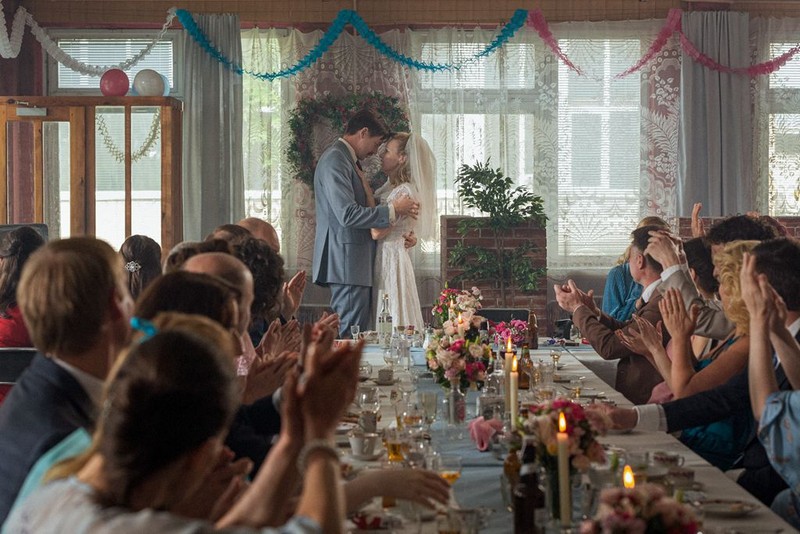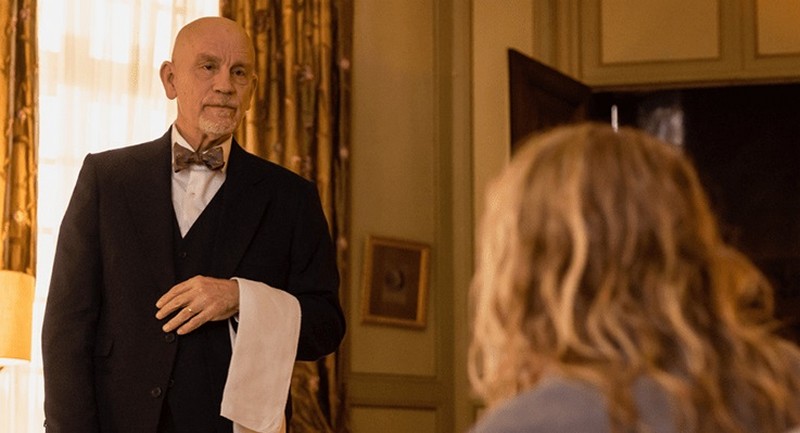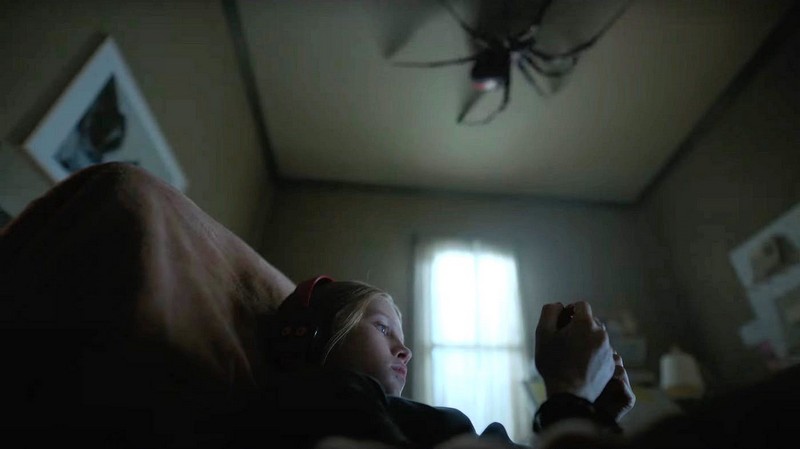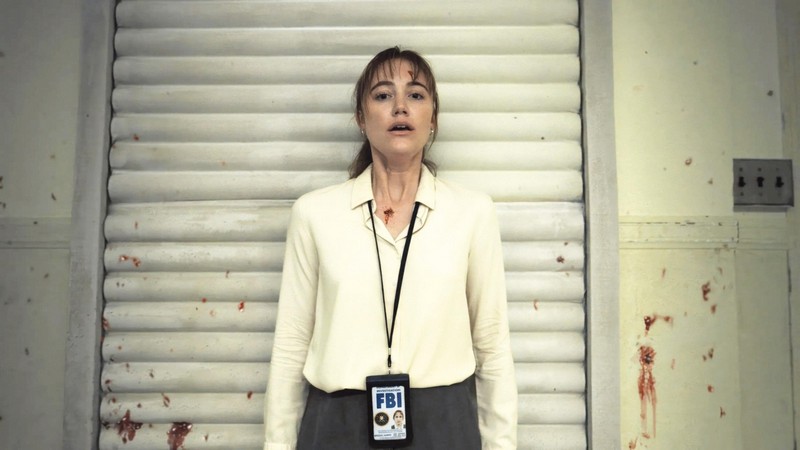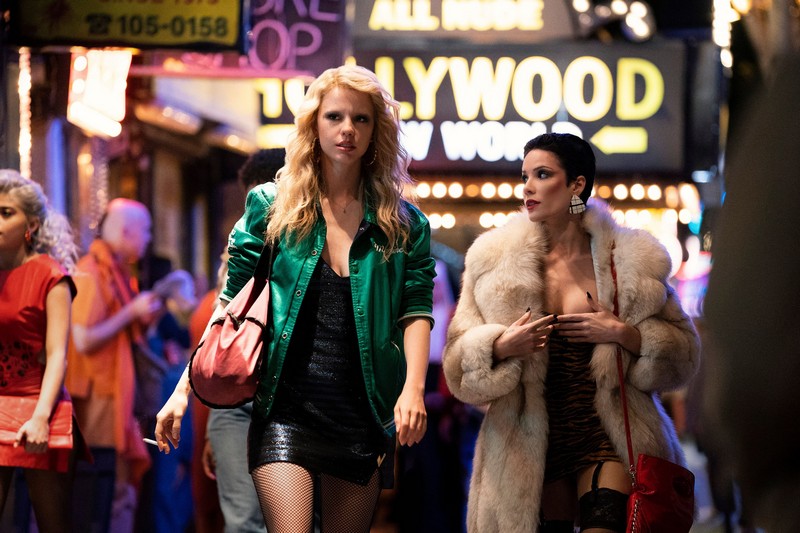The Norwegian comedy Diana’s Wedding really puts family values to the test. This small film offers some hard truths, wrapped in that peculiarly Scandinavian sense of humour.

Director Charlotte Blom doubles as the screenwriter. She brings a sharply observational style to what is essentially a kitchen-sink dramedy, but doesn’t seek to inject any great flair into the film. So while the film comes across as honest and heartfelt, it also drags in patches, notably in the early stages. Diana’s Wedding takes some of its cues from the real Princess Diana, and the story covers three decades in the lives of its characters. I get the feeling Blom might have envisaged this as a kind of contemporary companion piece to Bergman’s Scenes from a Marriage (1974). Though if that’s the case, it’s a high bar to set for yourself.
The film opens on the day of the royal wedding of Charles and Diana in 1981. They’re not the only newlyweds though – Liv (Marie Blokhus) and Terje (Pål Sverre Hagen) have just tied the knot. The couple and their new baby – named Diana – move in next door to straitlaced couple Unni (Jannike Kruse) and Olav (Olav Waastad). Unni and Olav also have a baby daughter who they’ve called Irene – despite Unni wanting to call her Diana. Terje and Olav work at the same company, though at very different levels of the organisation. Liv and Terje have a rather relaxed approach to raising Diana (and later a son, Cato) in contrast to Unni’s helicopter parenting. They also have terrible rows, often fuelled by alcohol. By contrast, Unni and Olav keep up appearances, but their relationship faces different, deeper troubles.
I found Diana’s Wedding quite uneven, particularly in the writing department. Blom’s script veers between comedy and drama, but some of the drama is quite confronting. The characters (particularly Terje) do things many would find unforgivable. That makes Liv’s loyalty to him somewhat difficult to understand. Olav too is awful, though in different ways. But the script treats him rather differently to Terje. I also found the warm fuzzy ending hard to accept. Worryingly, the film seems to argue that treating people (including children) appallingly is okay if you really love your spouse. A more generous take would be that it’s simply presenting characters who don’t march to the beat of the conventional drum.
But when it clicks, Diana’s Wedding can be a little bijou. A touching scene at a lakeside holiday camp felt authentic and wrenching. While the humour isn’t raucous, it’s still effective. And Linda Wassberg’s cinematography gives the film a warm but realistic feel.
Marie Blokhus drives the film as Liv. She gives an assured performance that illuminates the many facets of the character. Pål Sverre Hagen is a fine foil for her as Terje, and his performance has seen him nominated in Norway’s Amanda Awards this year. Jannike Kruse is excellent in a difficult role as the long-suffering Unni; while Olav Waastad is suitably disagreeable as Olav.
Although Diana’s Wedding has its moments, I didn’t embrace it fully. Some fine performances couldn’t overcome its muddled message and plotting issues for me. But if you’re into low-key Scandi dramas, you may get more from it than I did.
David Edwards
Other reviews you might enjoy:

David Edwards is the editor of The Blurb and a contributor on film and television

